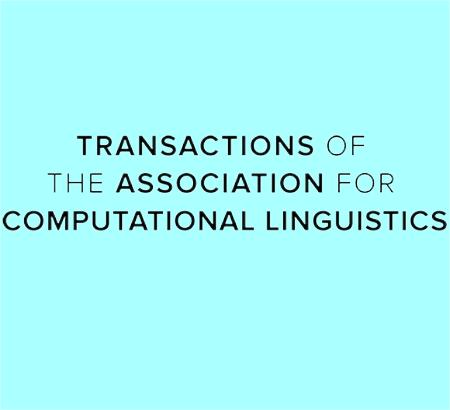元学习差异:为有效适应准备大型语言模型
IF 4.2
1区 计算机科学
Q2 COMPUTER SCIENCE, ARTIFICIAL INTELLIGENCE
Transactions of the Association for Computational Linguistics
Pub Date : 2022-07-07
DOI:10.1162/tacl_a_00517
引用次数: 7
摘要
大型预训练语言模型(PLMs)通常通过微调或提示来适应领域或任务。微调需要修改所有参数并拥有足够的数据以避免过拟合,而提示不需要训练和少量示例,但会限制性能。相反,我们通过学习了解一般plm和适应plm之间的差异,为数据和参数有效的适应准备plm。这种差异通过我们提出的动态低秩重参数化和学习体系结构控制器以模型权重和子层结构的形式表达出来。在少镜头对话补全、低资源抽象摘要和多领域语言建模方面的实验表明,与直接微调或通过领域自适应预训练进行准备相比,自适应时间和性能都有所提高。实验表明,我们的任务自适应重参数化(TARP)和模型搜索(TAMS)组件分别改进了其他参数高效转移(如适配器)和结构学习方法(如学习稀疏化)。本文章由计算机程序翻译,如有差异,请以英文原文为准。
Meta-Learning the Difference: Preparing Large Language Models for Efficient Adaptation
Abstract Large pretrained language models (PLMs) are often domain- or task-adapted via finetuning or prompting. Finetuning requires modifying all of the parameters and having enough data to avoid overfitting while prompting requires no training and few examples but limits performance. Instead, we prepare PLMs for data- and parameter-efficient adaptation by learning to learn the difference between general and adapted PLMs. This difference is expressed in terms of model weights and sublayer structure through our proposed dynamic low-rank reparameterization and learned architecture controller. Experiments on few-shot dialogue completion, low-resource abstractive summarization, and multi-domain language modeling show improvements in adaptation time and performance over direct finetuning or preparation via domain-adaptive pretraining. Ablations show our task-adaptive reparameterization (TARP) and model search (TAMS) components individually improve on other parameter-efficient transfer like adapters and structure-learning methods like learned sparsification.
求助全文
通过发布文献求助,成功后即可免费获取论文全文。
去求助
来源期刊
CiteScore
32.60
自引率
4.60%
发文量
58
审稿时长
8 weeks
期刊介绍:
The highly regarded quarterly journal Computational Linguistics has a companion journal called Transactions of the Association for Computational Linguistics. This open access journal publishes articles in all areas of natural language processing and is an important resource for academic and industry computational linguists, natural language processing experts, artificial intelligence and machine learning investigators, cognitive scientists, speech specialists, as well as linguists and philosophers. The journal disseminates work of vital relevance to these professionals on an annual basis.

 求助内容:
求助内容: 应助结果提醒方式:
应助结果提醒方式:


